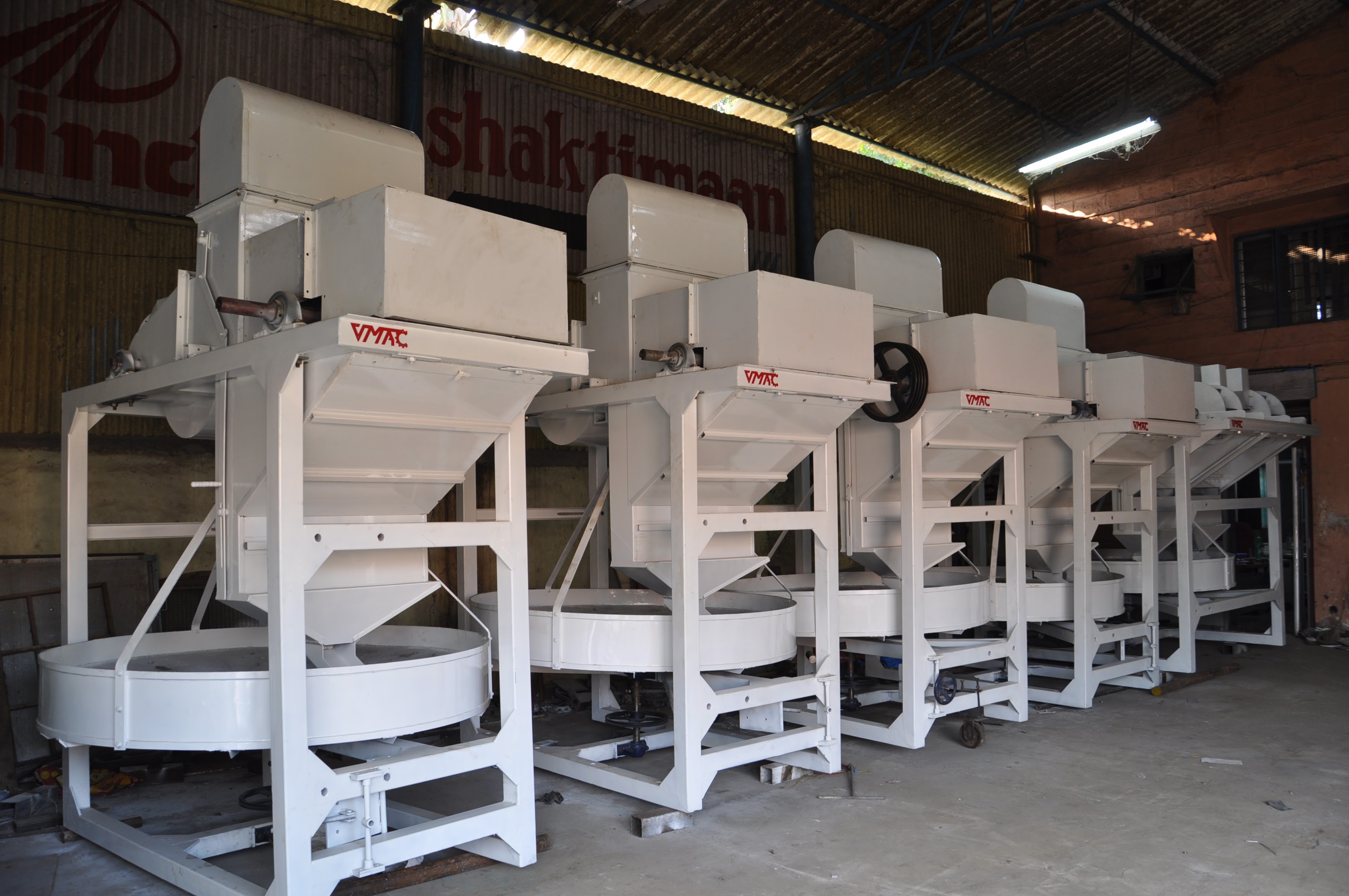
Production
Mastering Coffee Production
At Vmac Industries, we've mastered the balance between traditional craftsmanship and modern technology.
Coffee is a beloved beverage worldwide, but have you ever wondered if you can eat coffee beans straight up? Eating coffee beans is not a new concept; in fact, it dates back centuries. This guide delves into whether it's safe and enjoyable to eat coffee beans, the effects it may have, and what you should consider before trying them.
Yes, it is generally safe for most people to eat coffee beans in moderation. Coffee beans are the seeds of the Coffea plant and are edible. They are often consumed after being roasted to enhance their flavor and reduce bitterness.
Caffeine Content: Coffee beans contain a higher concentration of caffeine compared to brewed coffee.
Digestibility: The fibrous nature of whole beans may be harder on the digestive system for some individuals.
Not all coffee beans are created equal when it comes to eating them whole.
Most Common: Roasted beans are preferred for eating due to enhanced flavor.
Varieties: Light, medium, and dark roasts offer different taste experiences.
Popular Snack: Combining coffee beans with chocolate adds sweetness and balances bitterness.
Variety of Coatings: Options include dark, milk, or white chocolate.
Consuming coffee beans can offer several benefits:
High Caffeine Content: Provides a rapid increase in alertness and energy.
Portable: Easy to consume on the go without brewing equipment.
Chlorogenic Acid: Coffee beans are rich in antioxidants that may support health.
Intense Flavor: Offers a concentrated coffee taste appreciated by enthusiasts.
While eating coffee beans can be enjoyable, there are some potential risks:
Overconsumption: Eating too many beans can lead to caffeine overdose symptoms like jitteriness, insomnia, or increased heart rate.
Sensitivity: Individuals sensitive to caffeine should exercise caution.
Stomach Upset: The high fiber content may cause stomach discomfort or laxative effects in some people.
Acidity: Can increase stomach acidity, leading to heartburn in susceptible individuals.
Staining: Coffee beans can stain teeth over time.
Enamel Wear: Chewing hard beans may contribute to dental enamel erosion.
If you decide to try eating coffee beans, here are some tips:
Moderation: Begin with a small number of beans to assess your tolerance.
Monitor Effects: Pay attention to how your body reacts.
Freshness: Opt for freshly roasted beans for the best flavor.
Origin: Single-origin beans may offer unique taste profiles.
Chocolate Coating: Enhances flavor and reduces bitterness.
Trail Mix: Combine with nuts and dried fruits for a balanced snack.
Proper Storage: Keep beans in an airtight container to preserve freshness. Consider our Coffee Silos for optimal storage solutions.
Eating coffee beans provides a different sensory experience compared to drinking coffee.
Texture: Crunchy with a slightly gritty texture.
Flavor Notes: More intense, with pronounced bitterness and acidity.
Aroma: Strong coffee aroma released as you chew.
Eating straight-up coffee beans is safe for most people when done in moderation. It offers a unique way to enjoy coffee's flavors and receive a quick caffeine boost. However, it's important to be mindful of the potential risks, especially related to caffeine intake and digestive comfort. If you're a coffee enthusiast looking for a new experience, trying coffee beans could be an interesting addition to your coffee journey.
Select Quality Beans: Explore different roasts and origins.
Try in Moderation: Start with a small amount to gauge your preference and tolerance.
Consult a Professional: If you have health concerns, consider speaking with a healthcare provider.
Lastest blog posts